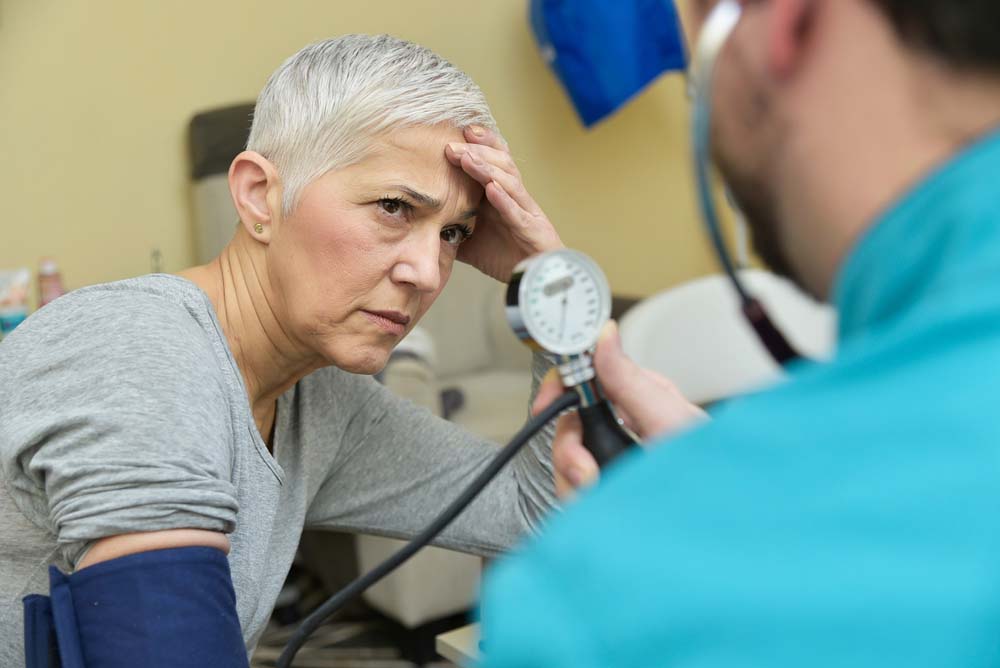Hypertension is by far one of the most common health problems in the Western world and the leading cause for an increase in cardiovascular risk in adult males and females. Stroke and heart disease take millions of lives every year, and they usually start with high blood pressure. Additionally, there are many other diseases silently linked to hypertension, such as kidney failure, aneurysms, optic nerve damage, and even sexual dysfunction and dementia. All of these health problems could be prevented by understanding hypertension and learning how to detect it and deal with it appropriately.
In this article, we will address hypertension to build up the essential knowledge about this widespread disease, the reason why it appears, what symptoms can we expect, and what can we do about it.
What causes hypertension?
There are two major types of hypertension according to its root cause. On one side, we have secondary hypertension, which can be clearly explained by a solid reason, and on the other, we have primary hypertension, which is more difficult to trace back because it is usually the result of a complex interaction between the individual and the environment.
Secondary hypertension may be caused by thyroid or parathyroid problems, and by other hormone imbalances such as Cushing’s syndrome (too much cortisol in the blood) or aldosteronism (too much aldosterone). Kidney problems may cause hypertension as well, and that’s why people with polycystic kidney disease and glomerular disease often develop hypertension.
As for primary hypertension, it is more common than secondary hypertension, and it is the result of the interplay between people’s genetic susceptibility, their lifestyle, diet, social, and environmental factors. Thus, people with overweight, a sedentary lifestyle and a poor diet have a higher risk to develop hypertension, especially if they have family members who have been already diagnosed.
Signs and symptoms
One of the main challenges about hypertension is the fact that it remains asymptomatic for a very long time, and will only give out symptoms in particular cases, as in complications and life-threatening cardiovascular events. Thus, we should not wait for signs and symptoms to appear before checking our blood pressure regularly. That is the reason why you get a routine check-up even if you don’t have any known blood pressure problem.
However, it is essential to keep an eye on these signs and symptoms, which usually appear when things are getting out of hand:
Headache

It is one of the most common symptoms of high blood pressure, but should not be taken as a guide to measure one’s health. Hypertension usually causes a headache because it creates an alteration in the volume of blood that travels to the brain, and puts excessive stress on the vasculature in this area. Headaches could be a sign of a hypertensive crisis, but may also be caused by other health problems. Measuring our blood pressure is the only way to go if we want to rule out the possibility. Be especially cautious around a severe headache that starts suddenly with an increase in your heart rate, as it may require urgent medical attention.

